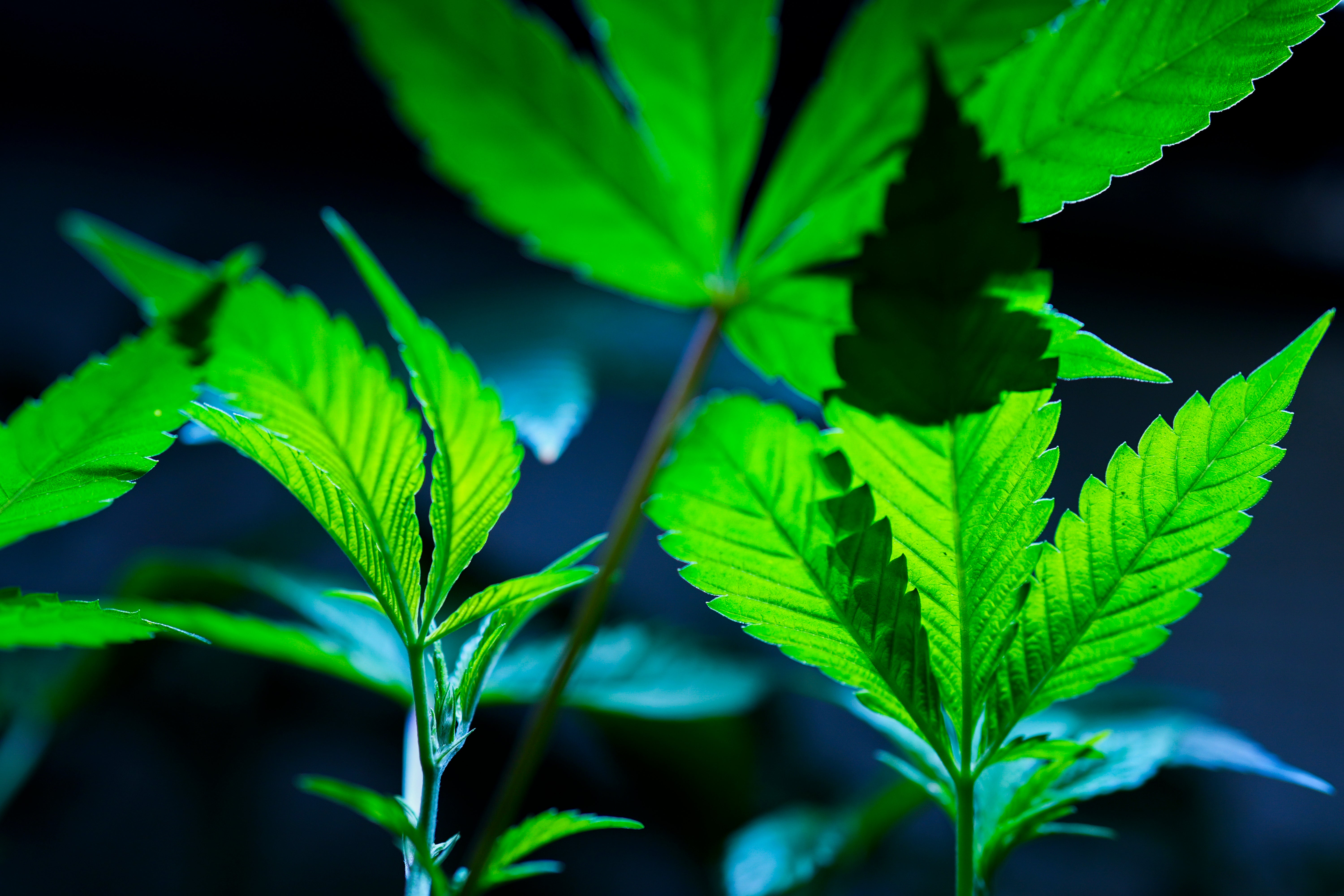Justice Department formally moves to reclassify marijuana as a less dangerous drug in historic shift
The Justice Department has formally moved to reclassify marijuana as a less dangerous drug in a historic shift in generations of U.S. drug policy

The Justice Department on Thursday formally moved to reclassify marijuana as a less dangerous drug in a historic shift in generations of U.S. drug policy.
A proposed rule sent to the federal register recognizes the medical uses of cannabis and acknowledges it has less potential for abuse than some of the nation’s most dangerous drugs. The plan approved by Attorney General Merrick Garland does not legalize marijuana outright for recreational use.
The Drug Enforcement Administration will take public comment on the proposal to move marijuana away from its current classification as a Schedule I drug, alongside heroin and LSD. It moves pot to Schedule III, alongside ketamine and some anabolic steroids.
The move comes after a recommendation from the federal Health and Human Services Department, which launched a review of the drug’s status at the urging of President Joe Biden in 2022.
Biden also has moved to pardon thousands of people convicted federally of simple possession of marijuana and has called on governors and local leaders to take similar steps to erase convictions.
“This is monumental,” Biden said in a video statement, calling it an important move toward reversing longstanding inequities. “Far too many lives have been upended because of a failed approach to marijuana, and I’m committed to righting those wrongs. You have my word on it.”
The election year announcement could help Biden, a Democrat, boost flagging support, particularly among younger voters.
The notice of proposed rulemaking submitted to the federal register kicks off a 60-day comment period followed by a possible review from an administrative judge, a potentially lengthy process.
Biden and a growing number of lawmakers from both major political parties have been pushing for the DEA decision as marijuana has become increasingly decriminalized and accepted, particularly by younger people.
The U.S. Cannabis Council, a trade group, applauded the proposed change, saying it would “signal a tectonic shift away from the failed policies of the last 50 years.”
The available data reviewed by HHS shows that while marijuana "is associated with a high prevalence of abuse,” that potential is more in line with other schedule III substances, according to the proposed rule.
The HHS recommendations are binding until the draft rule is submitted, and Garland agreed with it for the purposes of starting the process.
Still, the DEA has not yet formed its own determination as to where marijuana should be scheduled, and it expects to learn more during the rulemaking process, the document states.
Schedule III drugs are still controlled substances and subject to rules and regulations, and people who traffic in them without permission could still face federal criminal prosecution.
Some critics argue the DEA shouldn’t change course on marijuana, saying rescheduling isn’t necessary and could lead to harmful side effects. Others argue marijuana should be treated the way alcohol is.
Federal drug policy has lagged behind many states in recent years, with 38 states having already legalized medical marijuana and 24 legalizing its recreational use. That’s helped fuel fast growth in the marijuana industry, with an estimated worth of nearly $30 billion.
Easing federal regulations could reduce the tax burden that can be 70% or more for marijuana businesses, according to industry groups. It also could make it easier to research marijuana, since it’s very difficult to conduct authorized clinical studies on Schedule I substances.
___
Associated Press writers Zeke Miller in Washington and Joshua Goodman in Miami contributed to this report.
___
Follow the AP's coverage of marijuana at https://apnews.com/hub/marijuana.
Bookmark popover
Removed from bookmarks